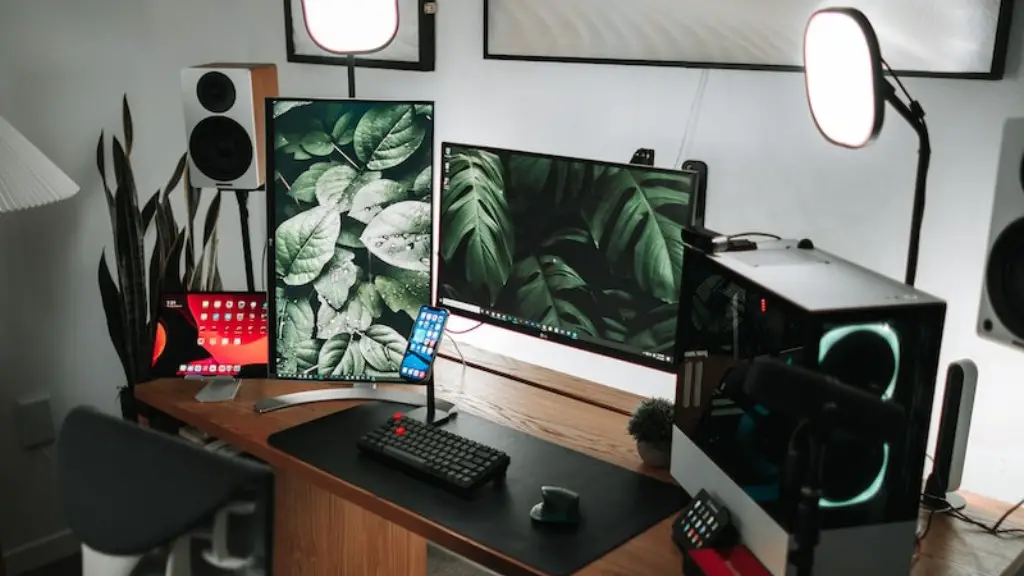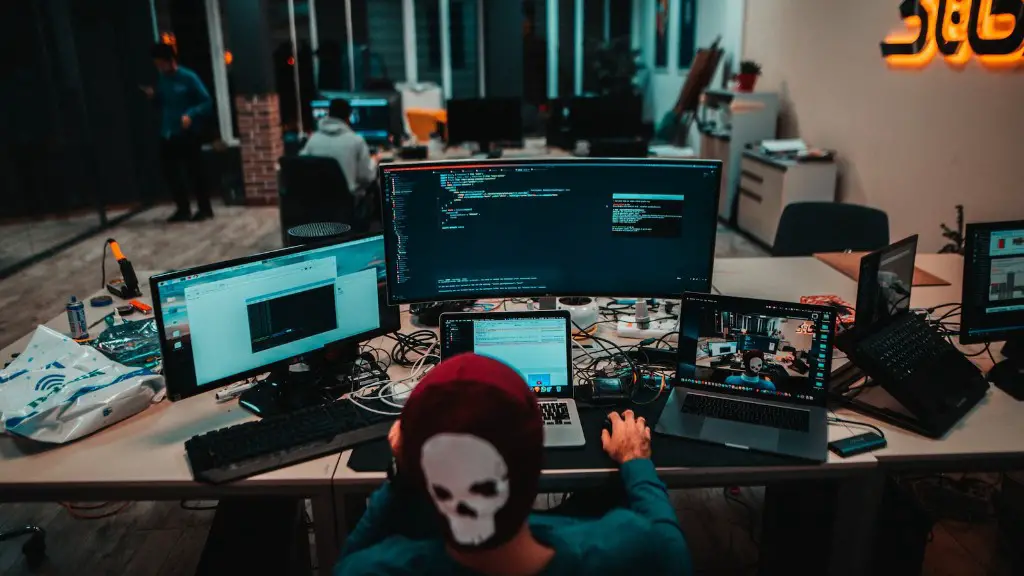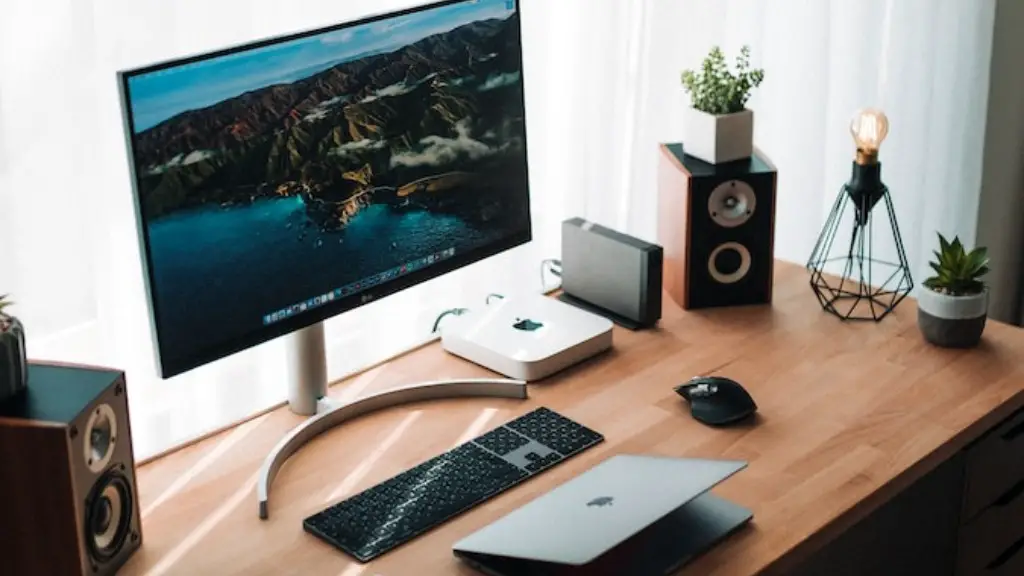Building a gaming PC requires careful thought and consideration. Before even starting on the specs, you should ask yourself some basic questions – what type of games do I plan to run, what kind of performance do I expect, and what is my budget? You need to be honest with yourself, otherwise you risk wasting time and money. After you’ve got those answers, you can begin to build your PC.
Motherboard
The motherboard is the foundation for the rest of your rig, so it’s important to choose the right one. Your best bet is to find a board that supports the latest CPU for the platform you choose, like Intel’s Z170 for an LGA 1151, or AMD’s X370 for an FM2+ socket. You also want to make sure it has enough memory slots, as well as PCI-E slots for your graphics card and other components.
CPU
The processor is the heart of your system, and it should be able to handle the latest games without a hitch. You have a few options here, such as Intel Core i5 or i7 processors for an LGA 1151 board, or AMD’s Ryzen series for an FM2+ board. Make sure you pick the right socket, as some motherboards won’t support certain CPUs.
Graphics Card
A good graphics card is crucial for gaming. You’ll want something powerful enough to handle the types of games you plan to run, so look for something in the mid- to high-end range. Look for cards made by brands like Nvidia and AMD for better performance.
Memory
You’ll need enough memory for the type of games you plan to play. Generally speaking, 8GB should be enough for most modern games, but you should go higher if you plan to play more demanding games. You’ll also want to make sure you pick a memory type that is compatible with your motherboard.
Storage
The type of storage you choose will determine how quickly you can load games and applications. It’s best to go with an SSD, as they are much faster than traditional hard drives. If budget is a concern, you can opt for a hybrid drive that combines the speed of an SSD and the capacity of a traditional HDD.
Power Supply
You’ll need a power supply that can handle the components you choose. Look for a unit that meets your needs, and make sure it has enough wattage to power everything. Don’t skimp on the power supply, as it’s the lifeline of your system.
Cooling
The cooling system is an important factor in maintaining a stable system. If you’re planning on overclocking your CPU or graphics card, you’ll need to invest in an aftermarket cooler. A good rule of thumb is to make sure you have enough cooling for the hardware you plan to use and then some.
Case
Finally, you’ll need a case to house everything in. Your choice of case won’t really affect the performance of the system, but it will determine how easily you can access and replace components. Look for a case with adequate cooling and lots of room for the components you plan to use.
Conclusion
Building a gaming PC can be an exciting and rewarding venture. Just make sure to do your research and plan ahead. Have an honest conversation with yourself about what type of gaming experience you want, and then select the components that will help you get there. Once you’ve gathered all the pieces, it’s time to build.
Graphics Card Specifications
When picking out a graphics card, there are certain specifications you should pay attention to. A few of the most important ones are video memory size, core clock speed, and stream processors. The video memory size indicates how much video memory the card has; the higher the number, the better. The core clock speed is the rate at which a processor core operates. You’ll want to make sure it’s high enough to handle any games you plan on playing. Finally, the stream processors are the number of graphical operations a GPU can perform each second; more stream processors mean more performance.
System Requirements
Before making any purchases, you’ll want to check the system requirements for the games you plan to play. Every game is different, so you’ll want to make sure you have the necessary hardware to run the game. Fortunately, most games list their system requirements on the back of their box, or you can look them up online.
Overclocking
Overclocking is the practice of raising a component’s clock speed beyond what it was designed for. This is great for squeezing out extra performance, but it can be dangerous if not done properly. Make sure you have an aftermarket cooler, and then research how to properly overclock your component(s). You’ll also want to keep an eye on your temps to make sure you don’t overdo it.
Prebuilt vs Custom
You have the option of either buying a prebuilt system or building a custom one. Prebuilt systems are great if you don’t want to bother with the hassle of building, but they tend to be more expensive in the long run. If you do decide to go the custom route, you’ll get better value for your money and more control over the components you choose.


